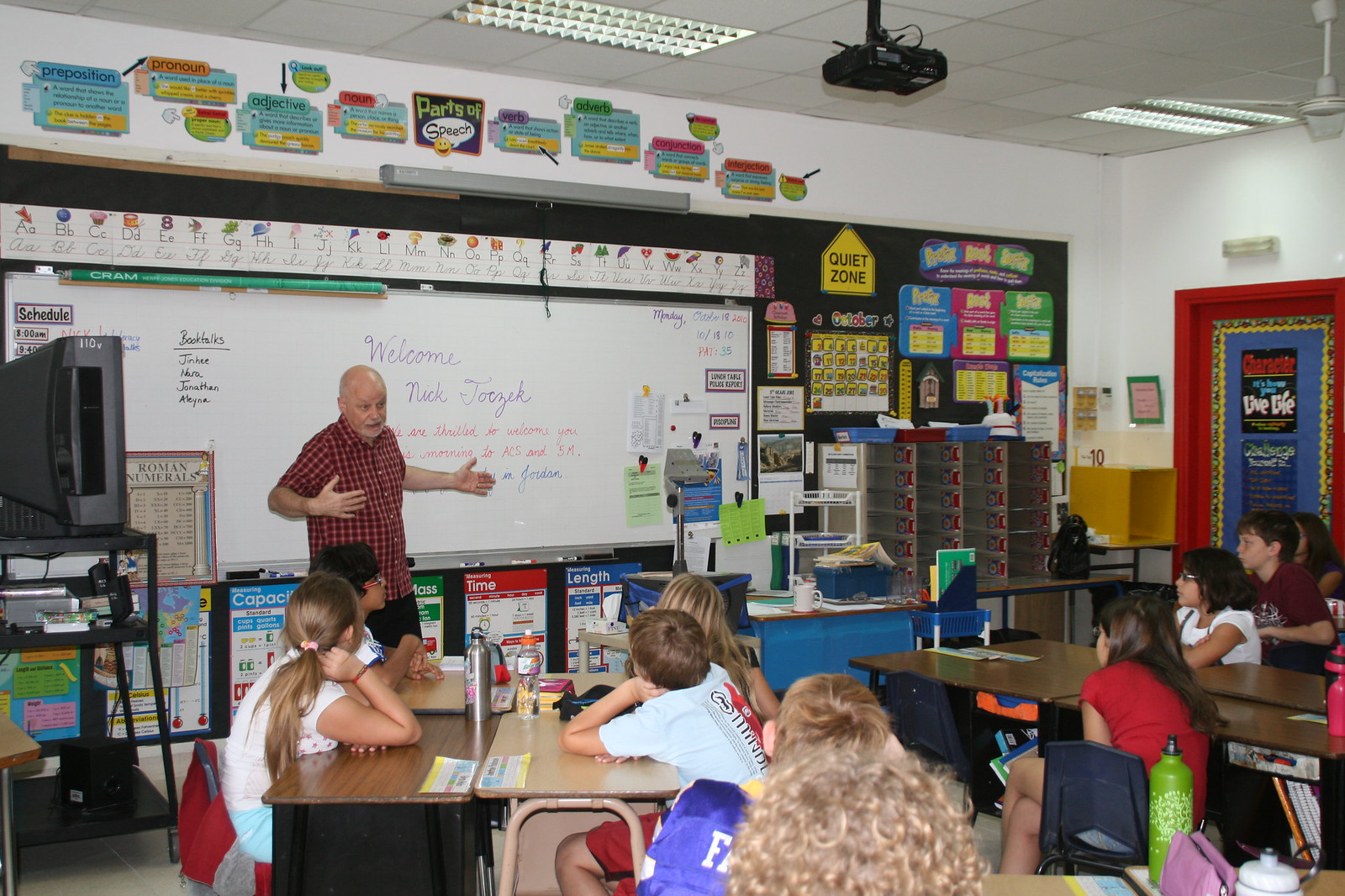My wife and I are studying Foundations of Business Strategy together. And by “studying”, I mean we are watching the videos – which are excellent, by the way.
My wife is a marketing professional, while I’ve been in the corporate sector for most of my working life, so we find ourselves regularly pausing the videos and launching into conversation about what was said. And it’s great!
I’m learning from her, she’s learning from me, and we’re both learning from the professor. Much more so than if either of us were studying alone.

Of course, peer-to-peer interaction isn’t a novel concept in e-learning. We have asynchronous tools such as online discussion forums, synchronous tools such as instant messaging, and semi-synchronous tools such as Twitter.
To add voice to the conversation we can use teleconferencing or VoIP. To add faces we can use webcams and maybe, one day, holograms.
But what strikes me about my interaction with my study buddy is that it’s so natural. Of course we know each other well, but being at the same place at the same time means we can read each other’s body language, recognise non-verbal cues, and follow the rhythm of the conversation. Which makes for a rich learning experience.
I recall thinking along similar lines after attending the local meetups that I organised for my colleagues and members of the public who were participating in a particularly popular mooc. I had never attended a mooc meetup before, and I severely underestimated it. The opportunity for the attendees to put a face to a name, share their experiences, gripe about common problems, suggest ways to solve them, and simply feel less alone left a lasting impression on me.
Then for good measure, I read Helen Blunden’s gorgeous Sometimes You Just Need to Meet Your PLN Face-to-Face, in which she recounts her experience meeting up with her Twitter buddies while on holiday in the UK. My favourite part appears towards the end of her post:
Reflecting on the LPITweetUp, the gathering made me realise that the relationship with our PLN is strengthened when we include a face-to-face connection – and you only need one of those to transform what was a digital online relationship to a whole new different level to one which has impact, meaningful and memorable.
So my suggestion is to face up to better instructional design.
By all means, continue to facilitate asynchronous discussions – they’re incredibly important. And if you can, organise synchronous sessions, preferably featuring the participants’ voices and faces.
But if you want to transform the digital online relationship to a whole new different level which has meaningful and memorable impact, the answer is clear: you need face time.

